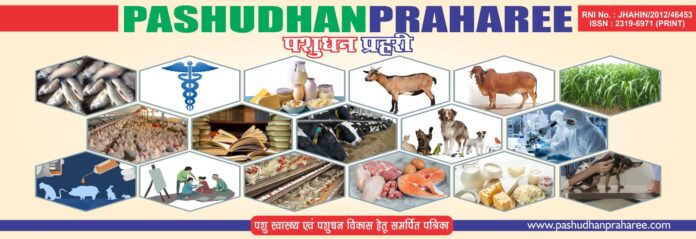Hypothyroidism in Dogs
The thyroid gland is one of the most important glands in the body. It is located in the neck near the trachea or windpipe and has two lobes, one on each side of the trachea. The thyroid gland is controlled by the pituitary gland, which is located at the base of the brain.
It makes a hormone called thyroxine that controls metabolism (the process of turning food into fuel). The thyroid gland regulates the body’s metabolic rate. If the thyroid is overactive (hyperthyroidism), the body’s metabolism is elevated. If it is underactive (hypothyroidism), the metabolism slows down. With hypothyroidism, the gland doesn’t make enough of that hormone.
It’s a common disease in dogs. It affects all breeds, but it is often found in golden retrievers, Labrador retrievers , Doberman pinschers, Irish setters, dachshunds, boxers, and cocker spaniels. It usually happens in middle-aged dogs (ages 4 to 10) of medium to large breeds. Neutered males and spayed females also have a higher risk, but vets are unsure why.
In dogs, hypothyroidism is usually caused by one of two diseases: lymphocytic thyroiditis or idiopathic thyroid gland atrophy. The former disease is the most common cause of hypothyroidism and is thought to be an immune-mediated disease. This means that the immune system decides that the thyroid is abnormal or foreign and attacks it. It is unclear why this occurs; however, it is a heritable trait meaning that genetics plays a role in this condition. In idiopathic thyroid gland atrophy, normal thyroid tissue is replaced by fat tissue. This condition is also poorly understood.
These two causes of hypothyroidism account for more than 95% of the cases in dogs. The other five percent are due to rare diseases, including cancer of the thyroid gland.
Symptoms
Signs of hypothyroidism include:
- weight gain without an increase in appetite
- lethargy and lack of desire to exercise
- cold intolerance (gets cold easily)
- dry, dull hair with excessive shedding
- very thin to nearly bald hair coat
- increased dark pigmentation in the skin
- increased susceptibility and occurrence of skin and ear infections
- failure to re-grow hair after clipping or shaving
- high blood cholesterol
- slow heart rate
Some dogs also have other abnormalities such as:
- thickening of the facial skin so they have a ‘tragic facial expression’
- abnormal function of nerves causing non-painful lameness, dragging of feet, lack of coordination, and a head tilt
- loss of libido and infertility in intact males
- lack of heat periods, infertility, and abortion (miscarriage) in females
- fat deposits in the corneas of the eyes
- keratoconjunctivitis sicca (KCS) or dry eye due to lack of proper tear production
DIAGNOSIS
The most common screening test is a total thyroxin (TT4) level. This is a measurement of the main thyroid hormone in a blood sample. A low level of total thyroxin, along with the presence of clinical signs is suggestive of hypothyroidism. Definitive diagnosis is then made by performing a free T4 by equilibrium dialysis (free T4 by ED) or a thyroid panel that assesses the levels of multiple forms of thyroxin. If this test is low, then your dog has hypothyroidism. Some pets will have a low TT4 and normal free T4 by ED. These dogs do not have hypothyroidism. Additional tests may be necessary based on your pet’s condition.
https://www.pashudhanpraharee.com/hypothyroidism-in-dogs-diagnosis-and-treatment/
Treatment
Hypothyroidism is treatable but not curable. It is treated with oral administration of thyroid replacement hormone. This drug must be given for the rest of the dog’s life. The most commonly recommended treatment is oral synthetic thyroid hormone replacement called levothyroxine .Your dog will have to take oral drugs daily for the rest of their life. The drug is a manmade hormone called levothyroxine or L-thyroxine. Doses are specific to each dog.
DR AASHUTOSH MISHRAA,TVO, JAHANABAD,BIHAR


